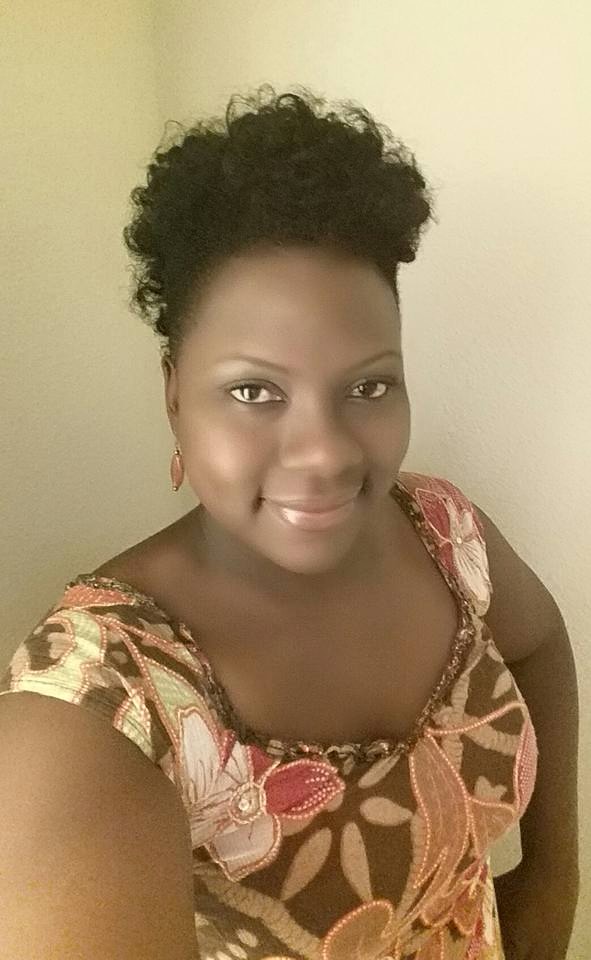
By Dr. Vangie Akridge – Licensed Educational Psychologist, PsyD, LEP
With the social unrest that has infected the emotional well being of African-American communities across the nation, there has been a noted knee jerk reaction to commune, gather and fellowship.
I get it … when a tragic loss occurs due to unnecessary and unwarranted violence, as a community, we ALL mourn. We are vicariously traumatized by acts that mimic the mistreatment of our ancestors. We, time and time again, anxiously and sometimes even angrily question “Why are we STILL going through this!@#?”
When we meet and gather to discuss the loss of life, the injustices that both the brothers and sisters of our nationwide extended family have endured, my questions to the hosts, as well as the attendees are, “What is the purpose of the discussion/forum?, What does the group hope to accomplish? and What is the plan for follow up?”
Without clear answers to these questions, the gatherings run the risk of serving as a jackhammer to the tight lid that has been placed on centuries, years, months and days of generational traumas … only to leave folks emotionally RAW, mentally frustrated and physically charged and without any skills to help decompress.
NEWS FLASH!! This is dangerous, psychologically unhealthy and has the potential to thwart progress. We have seen what feelings of despair and communal feelings of frustration look like when they are doused with gasoline misunderstood messages of “we are not going to stand for this!”. All I am saying is, break it down for folks! The community is looking to community leaders for structure and direction as well as support. I am encouraging you to simply deliver it!
I have outlined several important factors that should be considered and included in all community discussions and forums.
-
Awareness – A brief overview of the state of affairs that prompted the need for the discussion should be provided. It is appropriate for the host to make statement that makes the attendees aware of their stance and personal reasons for hosting the gathering.
-
Knowledge – Provide some facts that are personally relevant to the attendees and their community while supporting the need for the meeting.
-
Skills – Based on the issue at hand, provide the group with skills and action items that can be either individually implemented or employed by their organization or community sub-group.
-
Resources – When hosting or attending an emotionally charged discussion, it is important to have on site resources (in the event that an event attendee is so overcome with emotion that they require a supportive emotional de-escalation process) and off site resources (agencies, organizations or professionals that attendees can access for support once the event is over).
-
Follow Up – Have structured plan of how the conversation will be continued so that the efforts do not appear to be a “one and done” event and COMMIT to it. This could be by way of a follow up focus group, community action items, a commitment pledge or evening a feedback survey.
 To be fair, as a nationwide African-American community, I believe that we do appropriately well with steps 1 and 2 and many have embraced the relevance and importance of steps 3 and 4. It is the lack of consistency with step number 5 that stands to produce the scariest of results. Even if you steps 1-4 are mediocre, you have an amazing opportunity to address that with timely follow up.
To be fair, as a nationwide African-American community, I believe that we do appropriately well with steps 1 and 2 and many have embraced the relevance and importance of steps 3 and 4. It is the lack of consistency with step number 5 that stands to produce the scariest of results. Even if you steps 1-4 are mediocre, you have an amazing opportunity to address that with timely follow up.
Black Lives are at stake! Your commitment to the conduct, promote and attend responsible community forums and discussions is vital to our survival.

